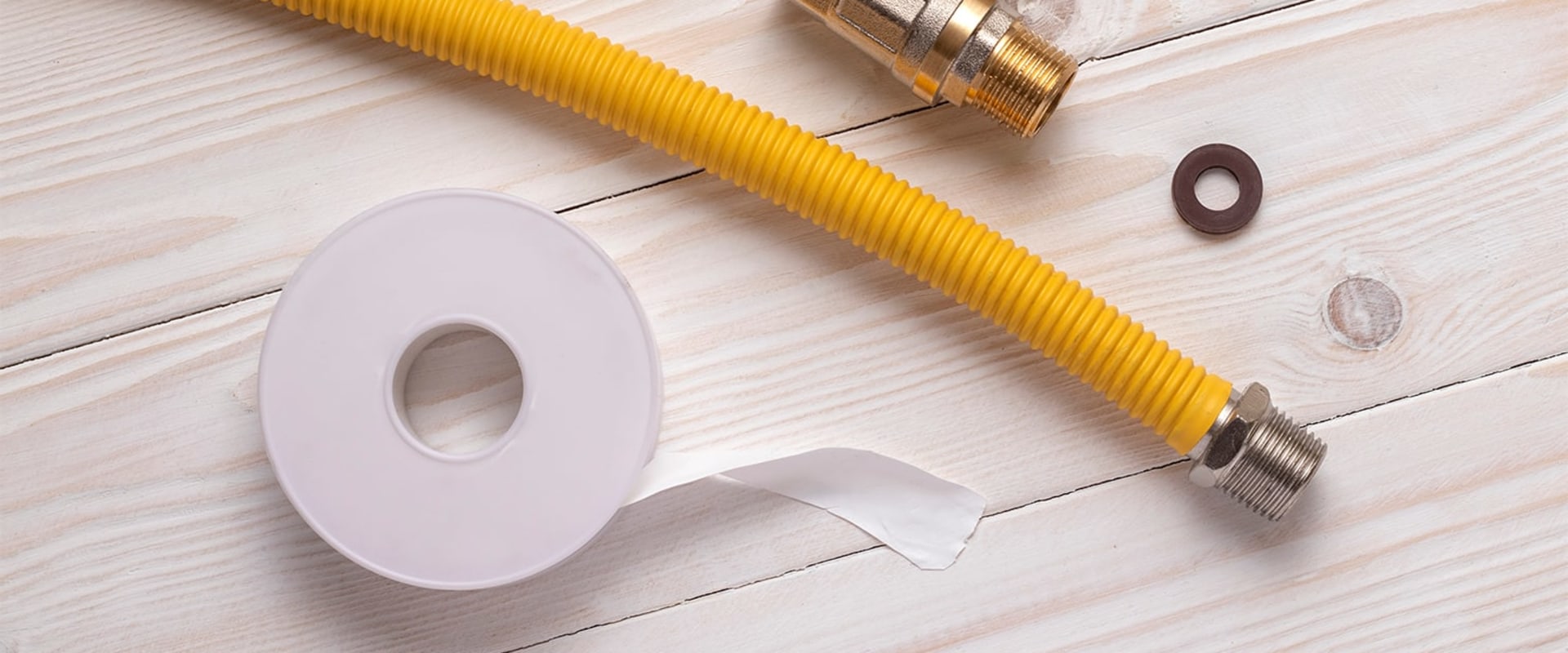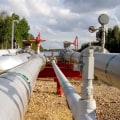Flexible gas lines, commonly known as corrugated stainless steel tubing (CSST), have revolutionized the way gas is delivered within both residential and commercial properties. These flexible conduits have gained popularity for their ease of installation, cost-effectiveness, and adaptability, enabling gas to be routed around obstacles without the need for multiple fittings and joints associated with traditional rigid piping methods. However, discussions around the safety of flexible gas lines are ongoing, with attention focused on their performance under various conditions and how they can be integrated into gas delivery systems securely.
The primary advantage of flexible gas lines lies in their installation simplicity and flexibility. Unlike rigid piping, CSST can be installed with fewer connections and can easily snake through walls and around corners, significantly reducing labor time and materials cost. This flexibility also minimizes the potential for leaks at joints, a common issue with traditional gas piping systems. Moreover, the materials used in flexible gas lines are resistant to corrosion, further enhancing their longevity and reducing maintenance needs over time.
Safety concerns with flexible gas lines generally revolve around their potential to puncture and lightning strike vulnerability. The thinner walls of CSST make it more susceptible to being punctured by nails, screws, or other sharp objects if not properly installed and protected. Furthermore, there have been instances where lightning strikes have caused electrical arcing, leading to punctures in CSST and resulting in gas leaks or fires. These incidents have prompted the development of stricter installation standards and practices designed to mitigate such risks. For example, the National Electrical Code and manufacturers now require that CSST be properly bonded and grounded. This process involves connecting the CSST system to the grounding system of the building, significantly reducing the risk of damage from lightning strikes by providing a path for electrical energy to dissipate safely.
Recognizing the importance of adherence to these safety standards, professional services like Syracuse Handyman Service play a crucial role in ensuring that flexible gas lines are installed correctly and in compliance with local codes and manufacturer guidelines. These professionals are equipped with the knowledge and tools necessary to secure CSST systems properly, addressing potential safety concerns and providing homeowners with peace of mind. The expertise offered by such services is invaluable, particularly when navigating the complexities of modern gas piping systems and ensuring the safety and efficiency of gas delivery within homes and businesses.
Despite the concerns, when installed with proper safeguards, flexible gas lines are considered safe and reliable for gas distribution. The industry has responded to safety challenges by improving product designs and installation standards. Enhanced protective measures, such as additional protective jackets for CSST and stricter bonding requirements, have been implemented to address the risks associated with puncture and lightning strikes. These improvements, coupled with professional installation and regular maintenance, have contributed to the safe use of flexible gas lines across numerous installations worldwide.
In conclusion, flexible gas lines represent a significant advancement in gas piping technology, offering advantages in terms of installation efficiency and system design flexibility. While safety concerns have been raised, particularly regarding puncture risks and lightning strike vulnerability, adherence to updated installation standards and practices has proven effective in mitigating these risks. The role of professional installation services, such as Syracuse Handyman Service, cannot be overstated in ensuring that flexible gas lines are installed safely and in accordance with the highest industry standards. With proper installation, bonding, and grounding, flexible gas lines are a safe and practical solution for modern gas distribution needs, reflecting the industry's commitment to safety and innovation.




